According to Car News China and Sina, a series of recent lawsuits and prosecutions are sparking controversy over the “right to repair” – a concept that has long been taken for granted in the traditional auto industry, but is now becoming a hot topic when applied to electric vehicles.
One notable case is that of a mechanic and vlogger nicknamed "Anh Long", who was recently sued by three electric vehicle manufacturers for publicly sharing their vehicle repair instruction videos .
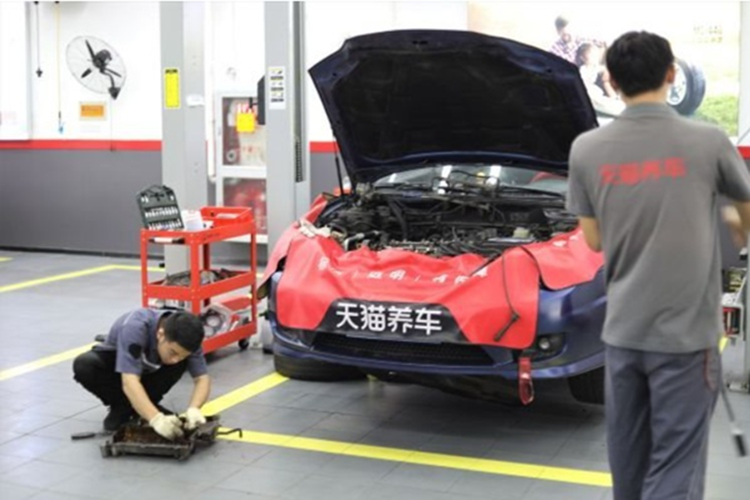
Another, more serious case occurred in Shanghai, where two mechanics known as “Big Liu” and “Little Liu” were sentenced to six months in prison, suspended, for “sabotaging computer information systems.” They were accused of using diagnostic tools to copy data from a working battery to a locked battery, in order to restore the discharge capacity of a customer’s car.
Under Chinese regulations, electric vehicle data must be uploaded to a centralized monitoring system, and tampering with the battery pack in this way is believed to falsify data. Carmakers like Nio argue that this poses a major safety risk and affects the integrity of the system, and insist that only authorized service centers can ensure technical standards.
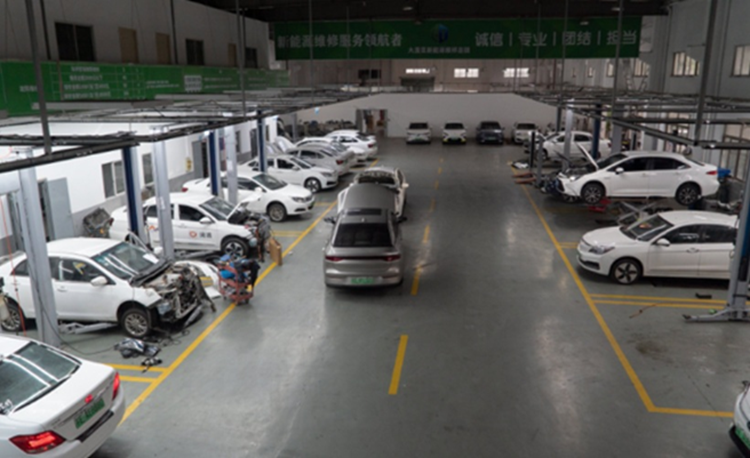
The “right to repair” remains unclear
At the core of the current debate is access to technical information and genuine spare parts—essential for independent repair shops to operate. While Chinese law requires automakers to disclose repair data, enforcement for electric vehicles has been slow and limited.
Many automakers tightly control access to diagnostic software, parts, and repair manuals, creating a “glass ceiling” that makes it nearly impossible for third parties to access them. Owners also suffer, as warranty terms often stipulate that unauthorized repairs can void the warranty, especially for core components like batteries and electric motors. This raises the question: do car owners actually own the vehicles they buy, or are they just contractual users?
Technology and software update resistance
In addition to legal hurdles, mechanics face technological challenges. Increasingly complex electronic systems, deeply integrated control software, and constant over-the-air (OTA) updates mean that repairing electric vehicles is no longer a simple matter of replacing components. A small, incorrect operation can cause a system failure or make the vehicle incapable of future software updates.
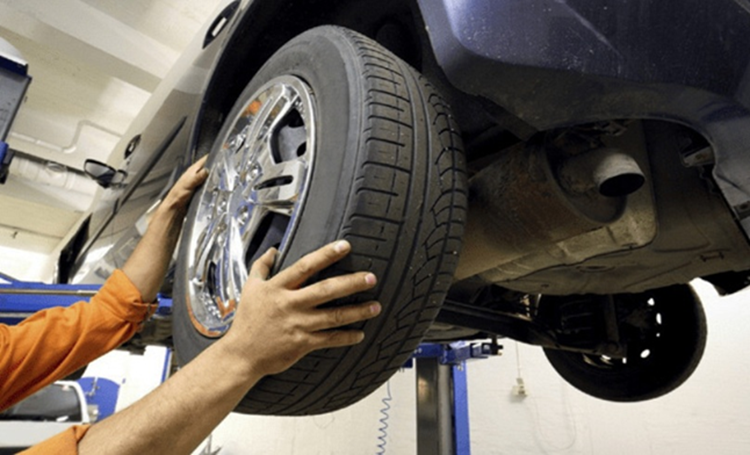
This has led many mechanics to opt out of the electric vehicle business, with some saying they will only work on Tesla models, which have a low record of lawsuits over third-party repairs, rather than domestic Chinese brands, which are increasingly strict.
After-sales loopholes and dangers to users
Another consequence is that China’s electric vehicle after-sales network is showing serious flaws. Official warranty centers are not dense enough, especially in rural areas and lower-tier cities. Meanwhile, independent repair shops are restricted, leaving consumers with few options.
The situation is even more dire for owners of bankrupt brands that no longer have a functioning after-sales system. They are forced to seek out outside workshops that are not equipped with the knowledge or parts to perform proper repairs.
Need an open and transparent aftermarket
In response, the Chinese government has begun to take action. In January 2025, a new guidance document was issued, emphasizing reducing the cost of repairing electric vehicles and promoting a competitive and healthy after-sales market.
Accordingly, carmakers and battery manufacturers are encouraged to share technology and sell components of the important “triad” (battery, motor and electronic control unit). At the same time, the government also promotes the development of low-speed crash test standards, risk classification systems for insurance and technical data sharing mechanisms to facilitate third-party participation.
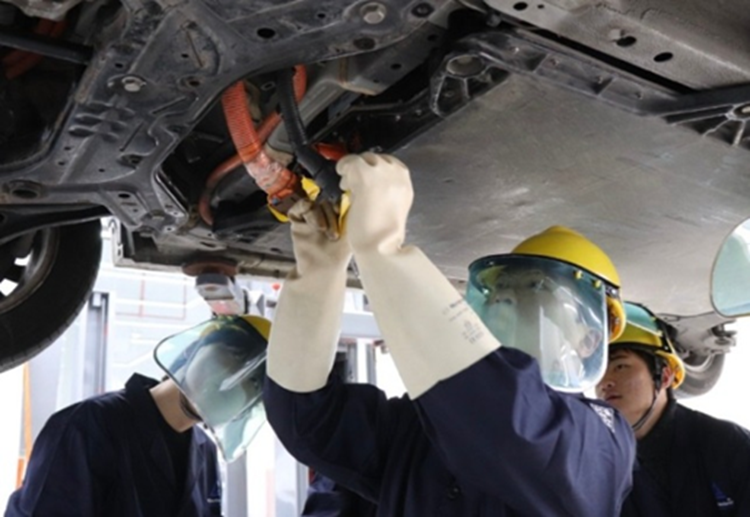
However, the biggest obstacle at present remains the shortage of high-quality human resources. China is estimated to lack about 824,000 skilled electric vehicle technicians, a significant gap if the country wants to maintain sustainable electric vehicle development momentum.
The EV revolution is not just about sales or charging stations, but also about building an aftermarket ecosystem that is open, safe, and fair for both consumers and technicians. Without clear right to repair and data sharing, the growth of the EV industry itself could be stunted from within.
Source: https://khoahocdoisong.vn/sua-oto-dien-tai-trung-quoc-nghe-nguy-hiem-post1544062.html










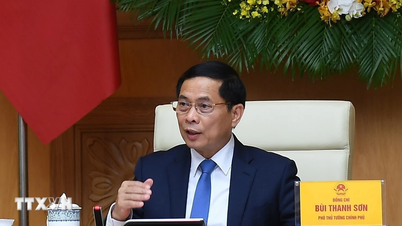










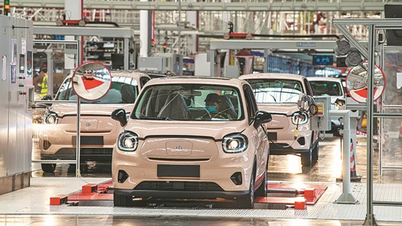

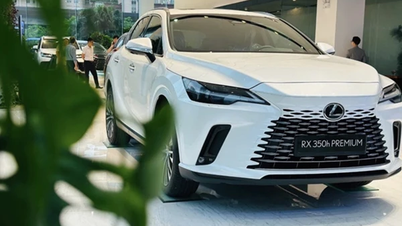


































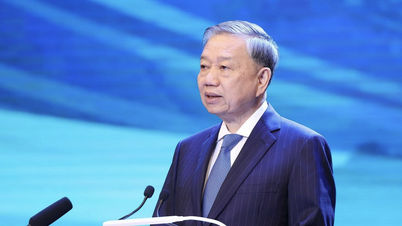
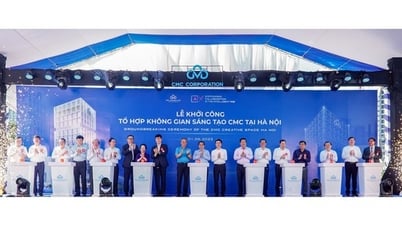

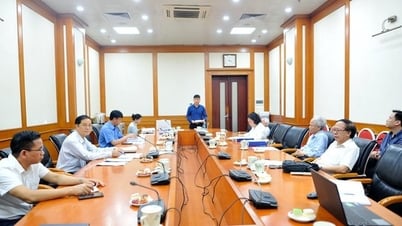











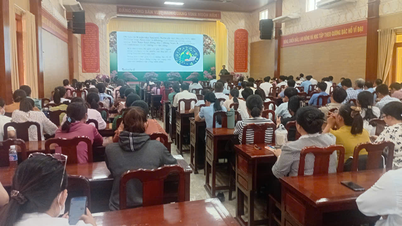



















Comment (0)